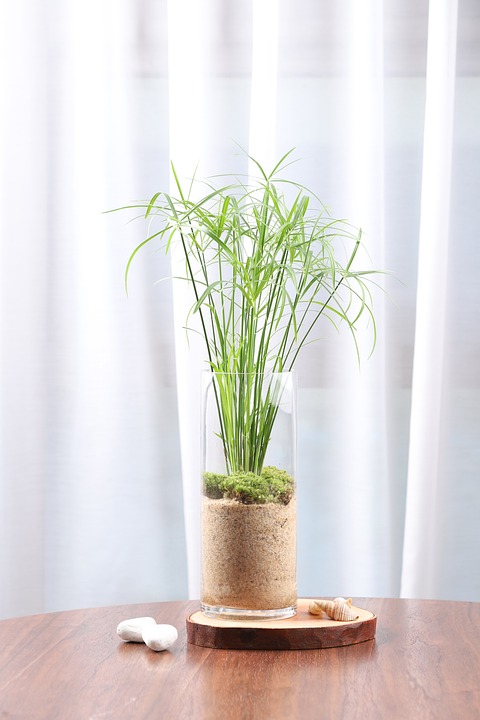Introduction
Are you tired of relying on the grocery stores for your fresh produce? Do you want to take control of your food supply and grow your own fruits and vegetables, even without a large garden space? Look no further than home hydroponic systems. This innovative method of growing plants without soil offers numerous advantages that make it a popular choice for urban gardeners and enthusiasts alike.
Maximizing Limited Space
One of the main advantages of home hydroponic systems is their ability to maximize limited space. Traditional gardening often requires large plots of land with fertile soil, making it impractical for those living in apartments or small houses. With hydroponics, you can grow plants vertically using stacked systems or in compact containers, allowing you to utilize every inch of available space. This makes it possible to grow an abundance of fresh produce, even in the tiniest of apartments.
Year-Round Growing
Gone are the days when you had to wait for the right season to grow your favorite fruits and vegetables. Home hydroponic systems enable year-round growing, regardless of the external weather conditions. By providing the perfect environment for your plants indoors, such as controlled temperature, lighting, and nutrient levels, you can enjoy a continuous harvest all year long. Say goodbye to the limitations imposed by climate and embrace the freedom of growing fresh produce whenever you desire.
Optimal Nutrient Delivery
Traditional gardening often involves a trial-and-error approach to providing plants with the right nutrients. In hydroponics, however, you have precise control over the nutrient delivery system. By circulating nutrient-rich water directly to the plant roots, you ensure that they receive the perfect balance of nutrients for optimal growth. This targeted approach minimizes nutrient waste and maximizes plant health, resulting in faster growth and higher yields than conventional gardening methods.
Water Conservation
Another advantage of home hydroponic systems is their water efficiency. Unlike traditional gardening, which relies heavily on watering the soil, hydroponics recirculates water in closed systems. This significantly reduces water usage as the plants only consume what they need. Additionally, any excess water is often collected and reused, minimizing waste and providing an eco-friendly gardening solution. With concerns about water scarcity and conservation becoming increasingly important, hydroponics offers a sustainable option for growing your own food.
No Soil-Borne Diseases or Pests
Growing plants in soil comes with its fair share of challenges, including the risk of soil-borne diseases and pests. Home hydroponic systems eliminate these issues by using inert growing mediums, such as perlite or coconut coir, which are free of pathogens and pests. This means healthier plants and a reduced reliance on potentially harmful pesticides. By growing your produce hydroponically, you can enjoy peace of mind knowing that you are consuming uncontaminated, pesticide-free food.
FAQs
Q: Is hydroponic gardening suitable for beginners?
A: Yes, hydroponic gardening can be suitable for beginners. There are various starter kits available that provide step-by-step instructions and all the necessary equipment. Additionally, online resources and communities offer support and guidance for beginners venturing into hydroponics.
Q: How much time does hydroponic gardening require?
A: The time commitment for hydroponic gardening may vary depending on the size of your system and the number of plants. However, hydroponics generally requires less time than traditional gardening since you eliminate chores like weeding, soil preparation, and dealing with pests. With proper planning and automation, you can efficiently manage your hydroponic garden with just a few hours of maintenance per week.
Q: Can I grow all types of plants hydroponically?
A: While most plants can be grown hydroponically, some may be more challenging than others. Leafy greens, herbs, tomatoes, cucumbers, and strawberries are popular choices for hydroponic gardening. However, plants that have extensive root systems or require extensive support, such as large trees or root vegetables, may not be suitable.
Q: What are the costs associated with home hydroponic systems?
A: The costs of setting up a home hydroponic system can vary depending on the size, complexity, and materials used. Starter kits can be relatively affordable, while larger, more advanced systems may require a higher investment. However, it’s important to consider the long-term savings on grocery bills, reduced wastage, and the ability to grow premium, organic produce at home.




